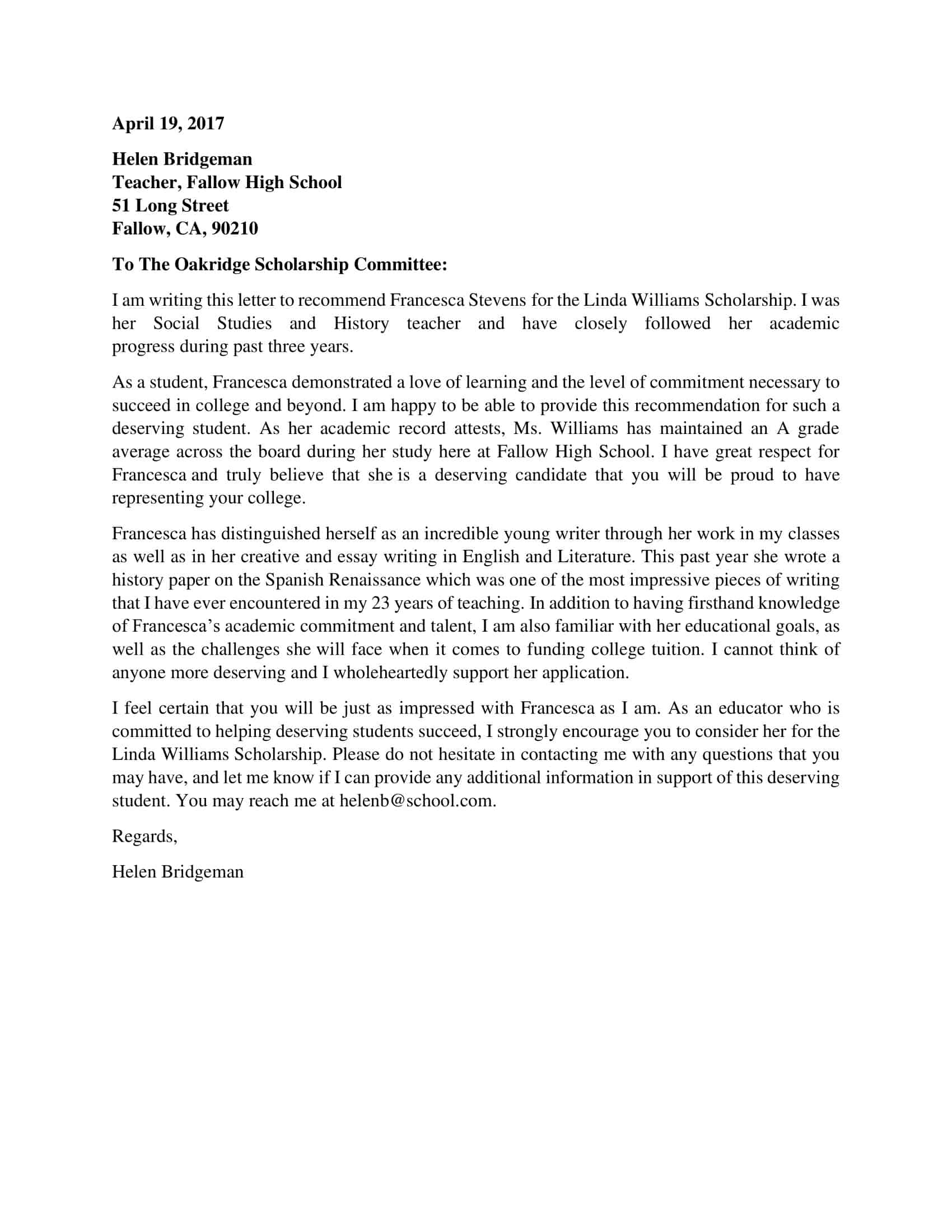A Letter of Recommendation for Scholarship is third-party evidence that goes beyond the candidate’s own words. Application committees require context, measurable results and benchmarking, not just generalizations like “hard working.” A strong Scholarship Recommendation Letter answers the questions “in what situation, by overcoming what obstacle, did it produce what output?” in a single flow;course/research stage, observed skill (discipline, leadership, curiosity), concrete metric (grade, publication, project, tournament), benchmark (what % of the class), and clear alignment with scholarship program (STEM, leadership, need-based etc.). Such a framework allows the committee to mitigate risk and view you as a “financially viable candidate”.
Table of Contents
What is a Letter of Recommendation for a Scholarship?

TypeCalendar Scholarship Template Recommendation Letter files establish an evidence-based flow without tiring the writer. The upper section is ready with the heading/institution information, author name–title–contact and the “relationship to applicant” line; the first paragraph clarifies the duration and context of your relationship with the candidate (course, laboratory, team, job). In the development paragraph, there are placeholders for the trio “feature + scene + result”: for example, “proof technique in Calculus II”, “iterative design in robotics team”, “role in social contribution project”. At the end, the purpose statement of the scholarship is repeated and your “strong/enthusiastic recommendation” level is clearly stated. The signature block is completed with name–title, department/school/company, email and phone. Thus, your Letter of Recommendation for Scholarship will be in a form that can be read, verified and archived.
Letter of Recommendation for a Scholarship Templates
Who Should Write, What Tone Should You Achieve?
The best Scholarship Recommendation Letter comes from a person who regularly and closely observes the candidate: a faculty member, counselor, high school guidance counselor, team coach or employer who knows his one-on-one contribution to the course. The TypeCalendar template offers a short introduction (year, course/role, class presence) indicating the author’s position of “authority”; establishes a measured but clear support language in tone. Thanks to comparative sentence placeholders like “Among the top 5% I have taught in the last five years”, the claim becomes measurable. The phrase “welcome contact” (phone/e‑mail) in the last paragraph facilitates the committee’s verification searches.
File Formats and Editing Flow
All Letter of Recommendation for Scholarship Template files come in Word, Google Docs, PDF and Canva. The text skeleton is ready with the fields “applicant name”, “relationship & duration”, “context scene”, “evidence & metric”, “program fit” and “signature block”. Fill in the blanks, replace the example sentences with your own observations and take the draft to a level that can be delivered on the same day.
Google Docs makes real-time collaboration easier. The Word version is ideal for letterhead printing and wet signatures. PDF is uploaded to reference portals without any problems.
Confidentiality, Integrity and Consent
A strong letter produces evidence without exploiting the candidate’s sensitive information. TypeCalendar templates add “permission check questions” such as transcript, disabilities, health/income as side notes in areas like. In US applications, a short sentence is prepared in the template that will remind the candidate of the option to see the letter (waiver), taking into account the FERPA context and your school policy. Verifiable examples are preferred over assumptions, and balanced praise is preferred over exaggeration.
Download and Complete the First Draft in 20 Minutes
If you want to write one of the most convincing sections of your scholarship application without dealing with a blank page, download the TypeCalendar Letter of Recommendation for Scholarship Template collection now. Place your relationship and observations in the appropriate fields, clarify the compatibility with the program’s target sentence in the last paragraph, and print on letterhead or upload as a PDF.



































![Free Printable Friendly Letter Templates [PDF, Word, Excel] 1st, 2nd, 4th Grade 1 Friendly Letter](https://www.typecalendar.com/wp-content/uploads/2023/05/Friendly-Letter-150x150.jpg 150w, https://www.typecalendar.com/wp-content/uploads/2023/05/Friendly-Letter-1200x1200.jpg 1200w)
![43+ Printable Leave of Absence Letter (LOA) Templates [PDF, Word] / Free 2 Leave of Absence Letter](https://www.typecalendar.com/wp-content/uploads/2023/01/Leave-of-Absence-Letter-150x150.jpg 150w, https://www.typecalendar.com/wp-content/uploads/2023/01/Leave-of-Absence-Letter-1200x1200.jpg 1200w)
![Free Printable Congratulation Letter Templates [PDF, Word] Examples 3 Congratulation Letter](https://www.typecalendar.com/wp-content/uploads/2023/05/Congratulation-Letter-150x150.jpg 150w, https://www.typecalendar.com/wp-content/uploads/2023/05/Congratulation-Letter-1200x1200.jpg 1200w)
